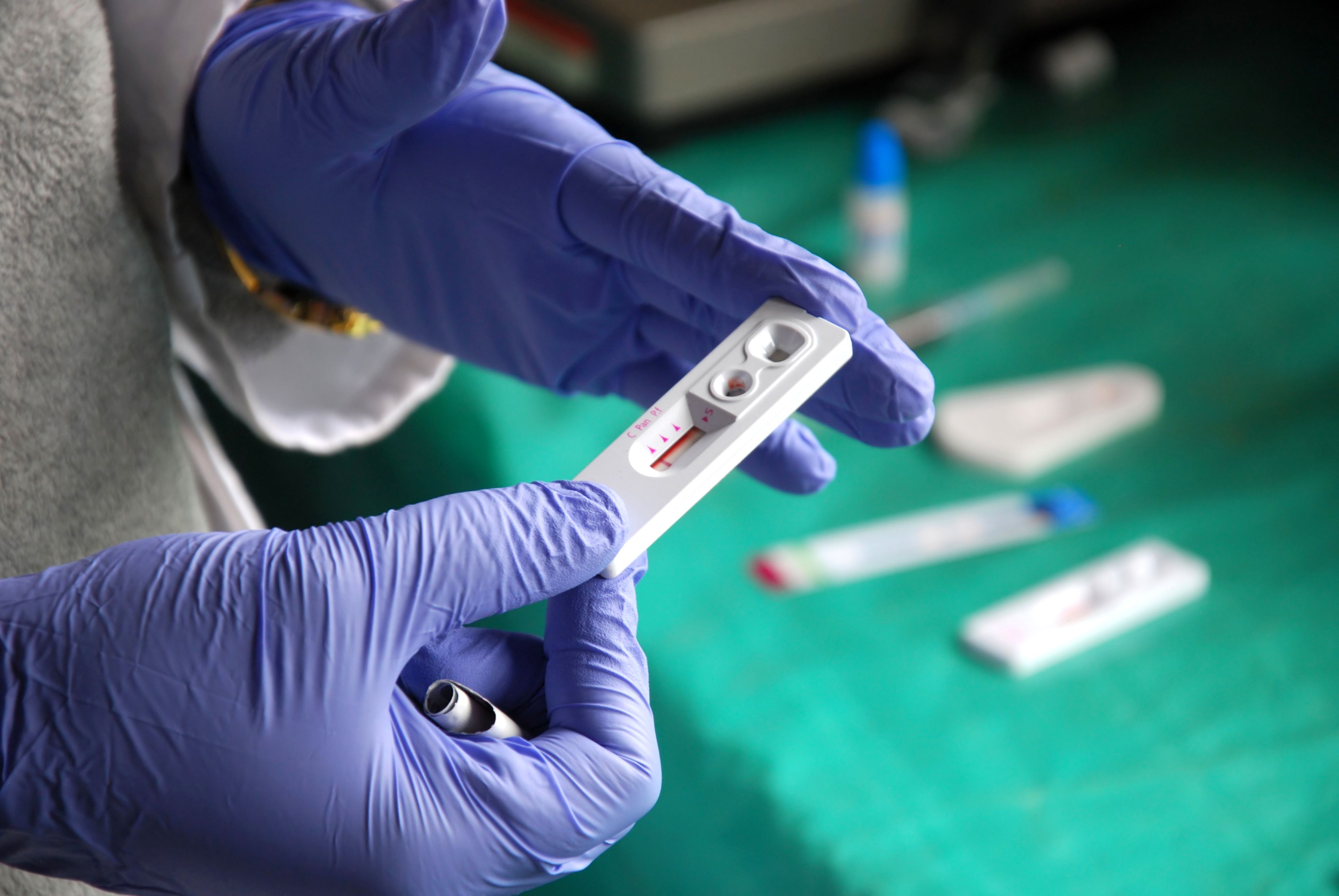Article
Low-Dose Xarelto More Effective Than Aspirin Preventing Blood Clots
Study compares common treatment options to prevent recurrent venous thromboembolism.
For patients who have experienced a life-threatening blood clot, taking a low dose of the anticoagulant rivaroxaban, sold as Xarelto, reduced by 70% the risk of a recurrence compared with aspirin, according to the first study comparing head-to-head 2 common options for long-term treatment to prevent blood clots.
The study, known as EINSTEIN-CHOICE, was presented Saturday at the 66th Scientific Session of the American College of Cardiology, meeting in Washington, DC. It was simultaneously published in the New England Journal of Medicine. Bayer funded the study.
Findings showed that rivaroxaban could be used to treat patients at risk for recurrent venous thromboembolism (VTE), without significant risk in bleeding, which is the chief concern when patients take anticoagulants.
"Physicians are reluctant to use anticoagulants in an extended phase," Wells said at a press conference afterward. Yet doctors have to do something--patients who have had a blood clot have a 10% risk of having another in the next 12 months if anticoagulant therapy is stopped. In fact, when asked if a placebo arm was considered for EINSTEIN-CHOICE, Wells said that given the abundance of data on placebo arms, it might have been "unethical" to do so.
VTEs occur in different ways: they can happen in a deep vein, often in the leg, or they can travel to the lungs from other places in the body. Patients with cancer or those who are immobile for extended periods, including following surgery, can be at elevated risk for VTE, but many cases are “unprovoked,” which means they happen to patients with no known risk factors.
After an initial VTE, patients are treated with an anticoagulant for 6 to 12 months. At that point, physicians have a choice how to proceed, because patients who have VTE are often at risk for events, such as a heart attack or stroke. Is aspirin enough? Or can a low dose of an anticoagulant continue? The study authors say their findings answer this question.
“We have shown that practitioners can safely prescribe rivaroxaban for patients at risk for a recurrent venous thromboembolism without being concerned that doing so will increase risk for bleeding side effects” Philip S. Wells, MD, a co-investigator and chief of the department of medicine at the University of Ottawa, in a statement.
Researchers randomized 3396 patients, whose average age was 59 (55% were men). Those eligible had a previous VTE, were being treated with anticoagulants during the previous 6 to 12 months, or had been treated and had not had treatment interrupted for more than 7 days. Patients received doses of 20mg or 10 mg of rivaroxaban or 100 mg of aspirin, each given once a day. The study drugs were given for up to 12 months. Researchers considered the 20 mg dose a “treatment” dose and the 10 mg dose a “prophylactic” dose. The primary outcome was how many patients experienced a symptomatic recurrent VTE; the primary safety outcome was major bleeding.
According to the study, a primary efficacy outcome occurred in 17 of 1107 patients (1.5%) who were taking the 20 mg dose of rivaroxaban, and in 13 of the 1127 patients (1.2%) taking the 10 mg of rivaroxaban, compared with 50 of 1131 (4.4%) who were taking aspirin. Fatal VTE events occurred in 2 patients taking the 20 mg rivaroxaban dose, in none of the patients taking the 10 mg dose, and in 2 patients taking the aspirin. “Both rivaroxaban doses were superior to aspirin,” the study concluded.
The study confirmed prior research that patients with previous unprovoked VTE are a greater risk for recurrence, Wells said during the presentation Saturday.
Major bleeding occurred in 0.3% of those receiving aspirin, 0.4% of those receiving 10 mg of rivaroxaban, and 0.5% of those receiving 20 mg of rivaroxaban. These differences were not statistically significant.
“We found that rivaroxaban, at both a treatment dose (20 mg) and a thromboprophylactic dose (10 mg), was more effective than aspirin for the prevention of recurrent venous thromboembolism among patients who were in equipoise for continued anticoagulation,” the authors concluded. “The lower risk of a recurrent event among the patients who received rivaroxaban was associated with a rate of bleeding similar to that with aspirin.”
"We have evidence now that we can improve outcomes," said Sandra Lewis, MD, who appeared at the press conference to comment on the study.
Besides concern about bleeding, an assumed advantage of aspirin for long-term treatment is cost. Research is underway to determine the cost-effectiveness of managing VTE patients with rivaroxaban.
Reference
Weitz JJ, Lensing AWA, Prins MH. Rivaroxaban or aspirin for extended treatment of venous thromboembolism [published online March 18, 2017]. N Engl J Med. DOI: 10.1056/NEJMoa1700518
Newsletter
Stay informed on drug updates, treatment guidelines, and pharmacy practice trends—subscribe to Pharmacy Times for weekly clinical insights.






